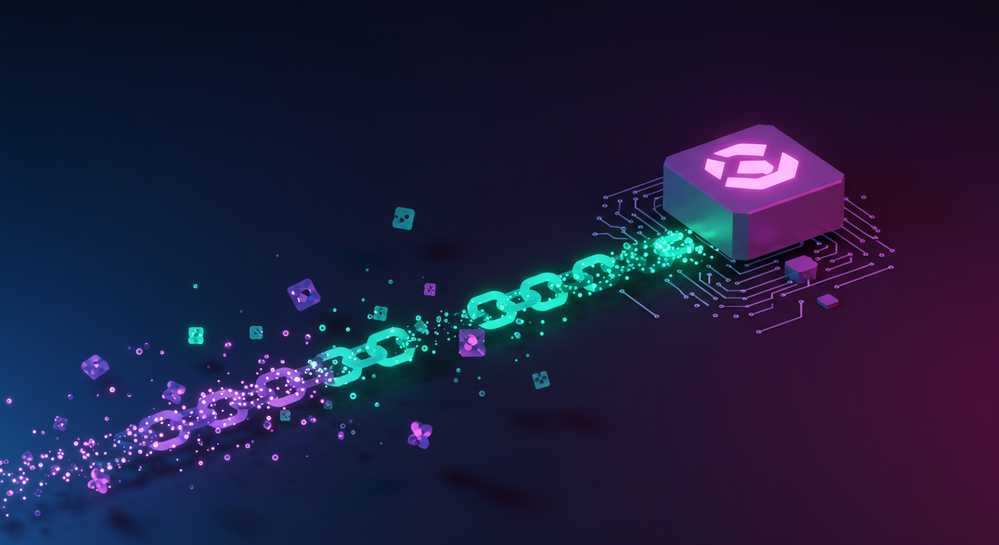Solana is renowned for its blazing-fast transaction speeds and low fees, but what is the engine driving this high-performance blockchain? The answer lies in its network of dedicated nodes. Understanding what is solana validator is the first step to appreciating the sophisticated architecture that makes the network so powerful. This guide breaks down their critical role, how they function, and what it takes to become one.
Contents
The core role of a validator in the Solana ecosystem

What defines a Solana validator
At its core, a Solana validator is a powerful computer running specialized software to maintain the network’s integrity. Think of it as a decentralized bookkeeper, responsible for processing transactions and participating in consensus. A validator confirms the legitimacy of every transaction, ensuring the blockchain remains secure and accurate. Their performance is the engine that drives Solana, directly impacting its speed and reliability for all users.
The primary responsibilities of a Solana validator are critical for network operations. These duties ensure that the blockchain functions smoothly and remains decentralized. Their main tasks include:
- Transaction Processing: Gathering user transactions from the network to be included in new blocks.
- Block Production: When chosen as a leader, a validator produces the next block of transactions for the chain.
- Consensus Voting: Actively voting on the validity of blocks produced by other validators to maintain agreement.
Unlike nodes on many other networks, a Solana validator’s role is uniquely demanding due to the high throughput. Their efficiency in executing these tasks is what enables Solana’s sub-second block times and low fees. The health of the entire ecosystem depends on a robust and distributed set of these high-performing validators. This system is built on a foundation of complex but efficient rules, which involves understanding key Solana terminology and its consensus model.
How solana validators work with proof of history

How Proof of History empowers validators
Solana’s incredible speed is powered by its unique consensus mechanism, a hybrid of Proof of Stake (PoS) and the innovative Proof of History (PoH). While PoS determines which validator proposes the next block, PoH is the core technology that removes traditional bottlenecks. This system redefines how a Solana validator operates, allowing for massive parallel processing and efficiency unlike other blockchains.
Proof of History functions as a decentralized, cryptographic clock. It creates a verifiable, time-stamped sequence of all network events before they are even processed into a block. This provides every validator with a trustworthy, ordered record of transactions without needing to communicate with each other to confirm the sequence. This simple yet powerful concept unlocks major performance gains.
- Reduced Latency: Validators can trust the timestamped order of transactions instantly.
- Parallel Processing: With a clear sequence, multiple transactions can be processed simultaneously.
- Faster Consensus: Agreement on the state of the network is reached much more quickly.
Ultimately, PoH allows validators to spend less time agreeing on the order of events and more time processing them. This fundamental architectural advantage is what enables Solana to achieve its renowned high throughput and low transaction fees.
Requirements and responsibilities of running a validator

Operating a Solana validator is a significant commitment that demands substantial resources and technical expertise. It is not a simple task for a standard computer. These stringent requirements are in place to ensure the network remains exceptionally fast, secure, and reliable for its global user base. Understanding what a Solana validator must provide is key to appreciating the network’s design.
Hardware and network demands
To keep pace with the network, a validator must operate a high-performance server. The hardware specifications are demanding to prevent any single node from slowing down the entire system. Key components include:
- A modern CPU with at least 12 cores and 24 threads.
- A minimum of 128 GB of RAM, with 256 GB recommended.
- Extremely fast NVMe SSDs to handle high transaction loads.
- A high-speed, stable internet connection for constant communication.
Economic and technical commitment
Beyond hardware, operators face ongoing costs and responsibilities. Validators must have SOL to cover daily transaction fees for voting, which can exceed 1 SOL per day. Technical expertise is also paramount, as validators are expected to maintain near-perfect uptime. Failure to do so can lead to penalties, ensuring only dedicated participants secure the network.
The rewards and risks of being a solana validator
While demanding, operating a Solana validator can be a profitable endeavor. The economic incentives are designed to align a validator’s goals with the network’s long-term health. However, this role is not without significant financial and operational risks that require careful consideration before one decides what is a Solana validator role they can fulfill.
Financial incentives for validators
The primary reward comes from commission fees. Validators earn a percentage of the staking rewards generated by users who delegate SOL to them. Additionally, they receive a portion of transaction fees from the blocks they produce. Given Solana’s high throughput, this can become a substantial income stream for high-performing validators who attract more delegators and process more transactions successfully.
Significant risks and operational costs
The most severe risk is slashing. The network can confiscate a portion of a validator’s staked SOL for malicious behavior or extended downtime. Beyond this, operators face high ongoing costs for top-tier hardware, electricity, and bandwidth. Profitability is also subject to SOL price volatility, as all rewards are paid in the native token, making it a challenging but potentially lucrative role within the ecosystem.
A Solana validator is far more than just a server; it is a fundamental pillar supporting the entire network’s speed, security, and decentralization. By leveraging Proof of History, these powerful nodes process transactions at an industry-leading pace. Understanding their role is key to grasping what makes Solana a unique and powerful blockchain. To further explore automated trading strategies on this high-speed network, check out Best Trading Bot for advanced tools and insights.
